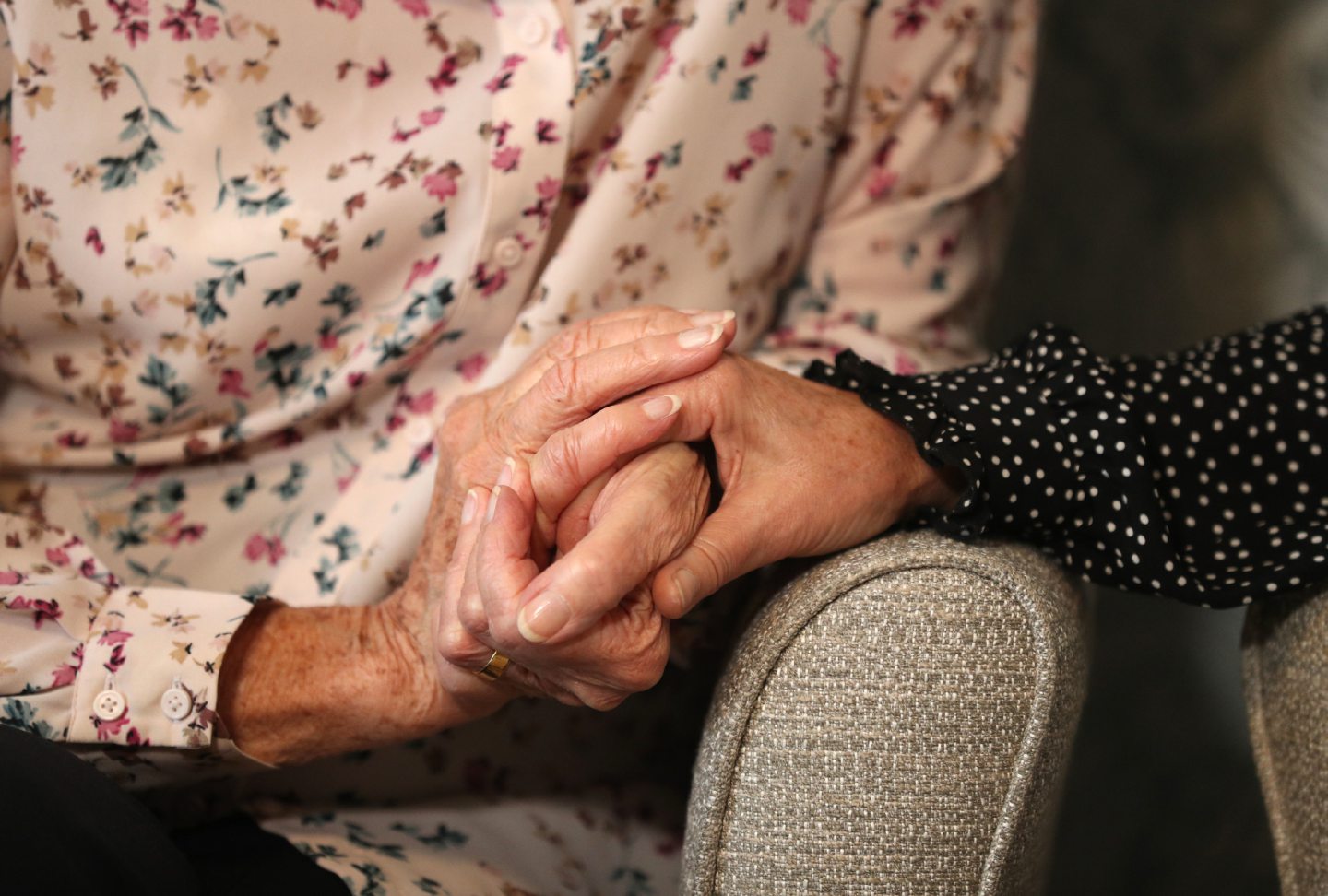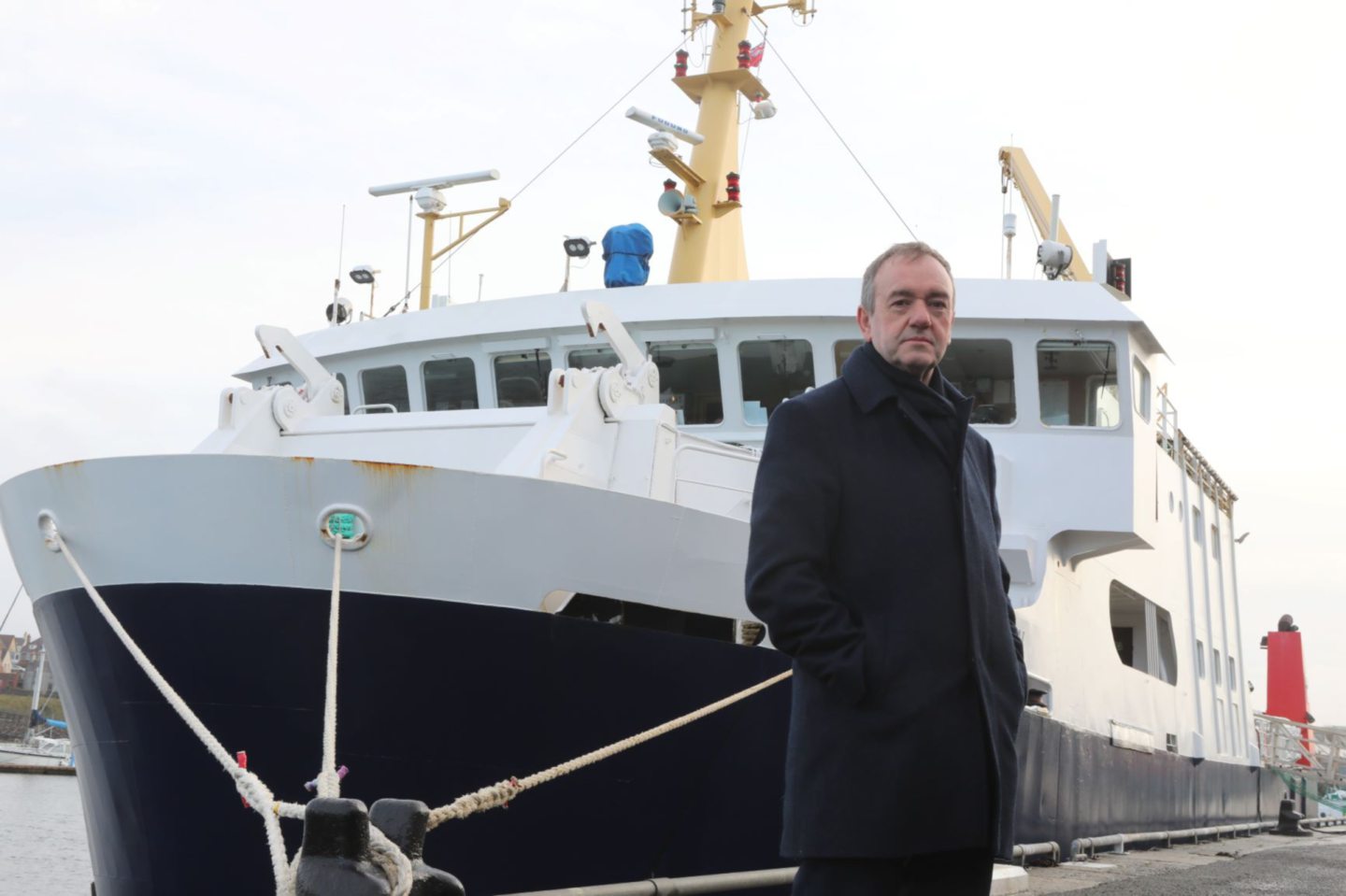A special general meeting of Orkney Islands Council was held today where a response to a Scottish Government consultation on proposals for a national care service was approved.
While the response itself said that the reforms aren’t needed in Orkney and that current arrangements should remain as they are, councillors seemed to accept that the changes will happen.
They stressed that they feel Orkney needs to make sure it is part of the conversation.
The biggest public sector reform in decades
The Scottish Government has described its plans as potentially being the biggest public sector reform in Scotland for decades.
Social work and social care services, along with children’s services, alcohol & drugs services and community justice, would all be put in the hands of ministers rather than sit with councils, private or third sector organisations.
The government has said, following the first wave of the pandemic and the Independent Review of Adult Social Care, it has never been clearer that the changes are needed.
However, in its consultation response, that had to be submitted to meet the November 2 deadline, Orkney council has said that it believes that, while the proposed service may make care and support more consistent across the county, it won’t necessarily make them better.
‘Limited evidence’
The islands council says there is limited evidence that centralised decision-making will result in better outcomes and that the plans would come at a significant cost that would be better used on improving services.
However, at today’s meeting, the view of Orkney’s councillors was that it will be in Orkney’s benefit to work with the Scottish Government so that it continues to be part of discussions.
Work required to get ‘the best for Orkney’
Deputy leader of the council Leslie Manson said: “All these fancy promises are being made by what is, after all, a centralising government who have the votes now and they will push this through and we will have a national care service.
“I believe it’s incumbent on us as a local authority to work with the grain of that.
“We need to be seen to be working as far as possible, not without detailed criticism, but working with the grain of this inevitable initiative and looking for the best for Orkney.”
The council’s leader James Stockan agreed, adding: “Other islands groups have been very strong on this issue, that they see this as a very detrimental step to their islands.
“I think we need to be very aware that.”
Mr Stockan added: “We are now in here with a consultation, that a lot of people don’t really see as a consultation – they see it as information because there’s a particular decision in the making.”
Positives to be taken
The chair of Orkney Health and Care, councillor Rachael King recognised the positives that a national care service could have.
She said: “There are benefits in terms of a national approach, which may be around data, around standards, around workforce planning but there is an absolute need for a degree of local flexibility.
“There will be a national care service but there will be an opportunity to influence and support this in a positive way so that it has the flexibility to allow us to be able to draw on very strong resources, that we saw throughout the pandemic response, that our community is able to offer.”
 The chief officer of Orkney Health and Care Stephen Brown presented the consultation response to councillors.
The chief officer of Orkney Health and Care Stephen Brown presented the consultation response to councillors.
He described how pay parity created by a national care service may seem like a good thing but, in the case of the islands, it could actually have an adverse effect.
More detail required
He said: “We would all welcome the opportunity to see our care staff being appropriately remunerated for the very complex work that they do and I think at a national level we would welcome the terms and condition being looked at so there’s parity across all providers.
“However, we need to recognise that recruitment is such a challenge here that the distant islands allowance that we can use to attract staff is vitally important and we would recognise that as something that is specific and unique to islands communities.”
Mr Brown added that there are still many parts of the plans where more detail will have to be given before the council can tell whether it will be adversely affected or not.


